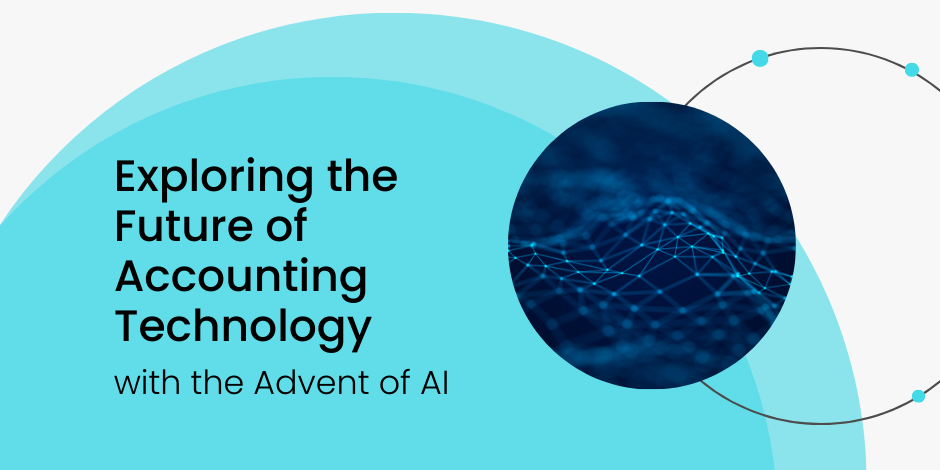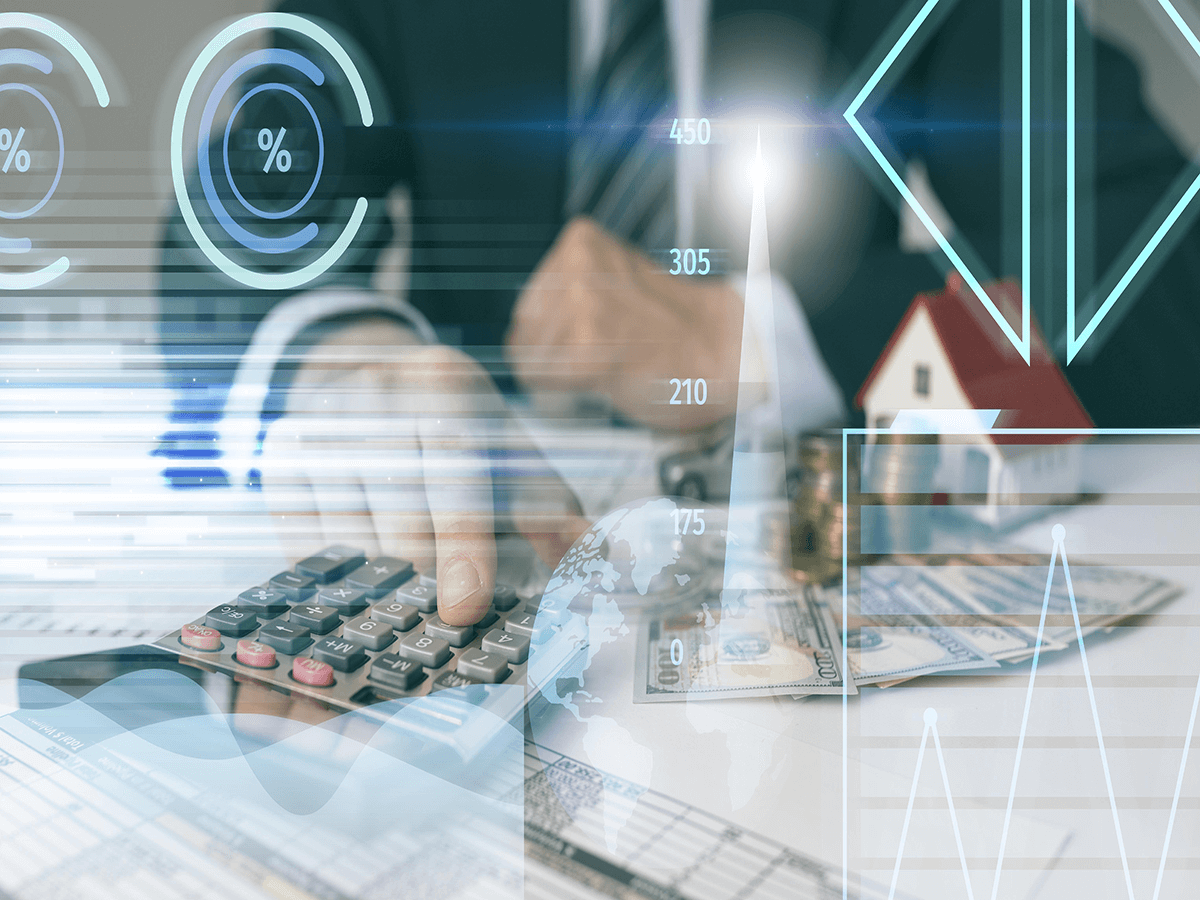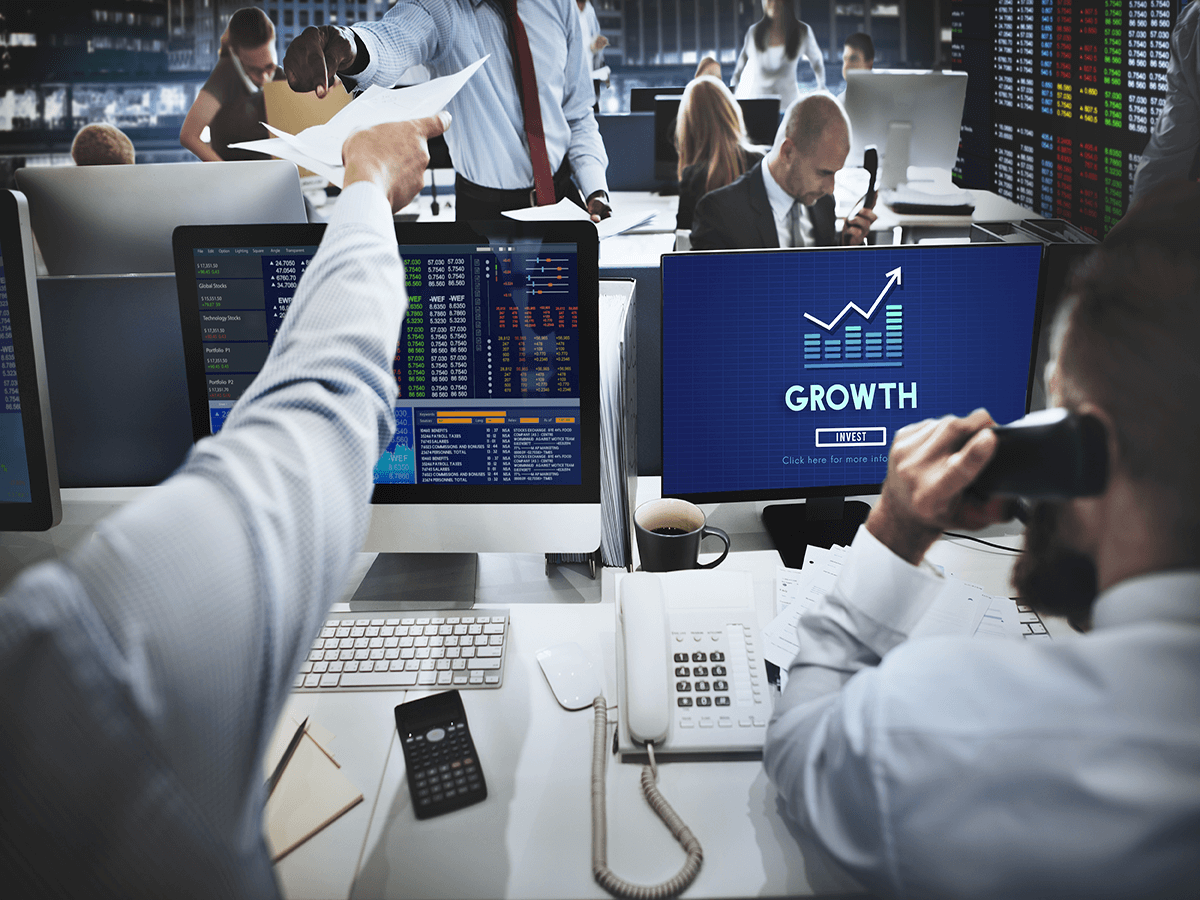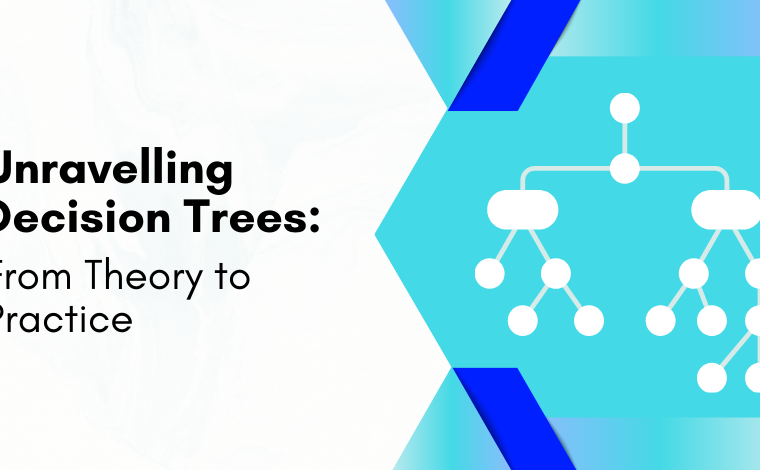Exploring the Future of Accounting Technology with the Advent of AI

Stay Informed With Our Weekly Newsletter
Receive crucial updates on the ever-evolving landscape of technology and innovation.
In this ever-evolving, technologically advanced world, we are on the precipice of an intriguing fusion between two significant areas – accounting and artificial intelligence (AI).
But what exactly could this merging of disciplines entail for the future of accounting technology?
Understanding the current landscape of accounting technology

The first step to comprehending the potential future of accounting technology is to evaluate the current landscape. Our journey begins with an exploration of traditional accounting systems.
Traditional accounting systems
Accounting, as a profession, has been around for centuries. The traditional systems utilised were manual, prone to human error, and time-consuming, often leading to inefficiencies.
Imagine a time when accountants meticulously recorded financial transactions by hand, using pen and paper. The process was laborious and left room for mistakes.
Accountants had to be extremely careful with their calculations and had to double and triple-check their work to ensure accuracy.
However, despite their drawbacks, these traditional accounting systems were indispensable. They paved the way for the emergence of modern accounting software, thus stirring the initial signs of digitisation in the accounting industry, which is framing the future of accounting technology.
The emergence of modern accounting software
With the rise of computers and the internet, modern accounting software took centre stage, significantly enhancing efficiency and accuracy in the accounting profession. Features such as automated calculations and the ability to manage large volumes of data revolutionised the accounting industry.
Accountants no longer had to spend hours manually crunching numbers. They could now rely on software to perform complex calculations within seconds. This not only saved time but also reduced the chances of human error.
Modern accounting software also allows accountants to handle vast amounts of financial data with ease. They could input, organise, and analyse data in a fraction of the time it would have taken using traditional methods.
This newfound efficiency enabled accountants to provide more timely and accurate financial information to businesses.
Despite the pronounced improvement, there still exists scope for error and inefficiencies. And here steps the future of accounting technology – AI.
The advent of artificial intelligence in accounting
Artificial intelligence (AI) has emerged as a powerful tool in the accounting industry. With AI, accountants can automate repetitive tasks, such as data entry and reconciliations, further streamlining their workflow.
Imagine a future where AI-powered software can automatically categorise expenses, identify anomalies, and even generate financial reports with minimal human intervention. This would free up accountants’ time to focus on more strategic and value-added activities, such as financial analysis and decision-making.
AI can also analyse vast amounts of financial data and identify patterns and trends that may go unnoticed by human accountants. This invaluable insight can help businesses make informed financial decisions and improve their overall performance.
As AI continues to advance, it holds the potential to revolutionise the accounting industry even further. From predictive analytics to fraud detection, the possibilities are endless.
The advent of artificial intelligence in accounting

The introduction of AI into the accounting realm holds the promise of reshaping the industry and driving substantial efficiencies beyond what current technology allows. It is the future of accounting technology.
Understanding artificial intelligence
AI, at its core, is about building machines that can think and learn like humans. This ability of machine learning is tremendously powerful and has the potential to automate complex tasks, eliminating human errors and driving efficiency.
The application of AI in various industries has already shown significant benefits, and accounting is not an exemption.
How AI is revolutionising accounting
AI is rapidly transforming the accounting sector by automating routine tasks, delivering more accurate projections, and giving accountants more strategic roles. The result is a more streamlined industry with unprecedented capability for growth.
AI in accounting is not limited to automation alone. It has several other potential applications that are set to revolutionise the industry.
Potential applications of AI in accounting

AI’s integration into the accounting sector has immense potential.
Automated data entry
One of the significant applications of AI in accounting is automated data entry. AI software can drastically reduce the time spent on data entry while minimising errors, thus enhancing efficiency and ultimately, productivity.
Data entered by AI is also more likely to be consistent and reliable, leading to more accurate financial projections.
Predictive analysis for financial decisions
AI’s ability to analyse and interpret vast amounts of data can be harnessed for predictive analysis. This means businesses can make more informed financial decisions, better manage their finances, and prioritise investments productively.
AI’s predictive analysis can assist in identifying potential risks and opportunities in a timely manner.
Fraud detection and risk management
The advent of AI in accounting brings significant improvements in fraud detection and risk management. AI systems can identify irregular patterns that may suggest fraudulent activity, thereby ensuring greater financial security.
Beyond fraud detection, AI can also help in risk management by predicting potential risks based on past data and trends.
The impact of AI on accounting jobs
The rise of AI in the accounting sector understandably sparks fears about job security. However, a deeper look reveals a more nuanced picture.
The fear of job loss
It’s no secret that automation could potentially replace certain roles within the accounting industry. But it’s crucial to remember that while AI automates routine tasks, it also creates new roles and opportunities.
Jobs that require human skills such as communication, empathy, and strategic thinking are unlikely to be fully automated. Therefore, the dread of job loss may be somewhat exaggerated.
The shift in job roles and skills
The integration of AI in accounting signifies a transition in the types of jobs available within the industry. Instead of eliminating jobs altogether, AI is likely to shift the nature of roles within accounting.
New roles that focus on AI management, strategic decision-making, and other high-value tasks are emerging. The challenge for accountants will be in acquiring the necessary skills to thrive in these evolving roles.
Preparing for the future of accounting technology

As we stand on the brink of an AI-driven future in accounting, it’s essential to equip oneself with the necessary skills and mindsets to adapt and succeed.
Necessary skills for future accountants
Pitching oneself as a future-proofed accountant in the era of AI requires a shift from traditional accounting skills to modern skills. Understanding how AI works, how to leverage it, and how to apply it will be crucial.
Yet, the need for traditional accounting skills won’t entirely disappear. Balancing the old with the new will be key to success in the AI-driven accounting world, but the future of accounting technology can’t be ignored.
The role of continuous learning and adaptation
Perhaps the most crucial aspect of preparing for AI is embracing the concept of continuous learning. The advent of AI in accounting demands an ongoing commitment to learning new technologies and methodologies.
This mindset of adaptation is not merely a survival strategy but a thriving strategy. It enables accountants to continually evolve with their changing industry and use AI to their advantage.
Conclusion
In a nutshell, the future of accounting technology presents both immense opportunities and significant challenges. It’s an exciting time for accountants, who are poised to make a significant impact in this brave new world.
Are you ready to embrace the future of accounting technology with the power of AI?
Take your skills to the next level with our cutting-edge courses at the Institute of Data! Explore the world of AI and equip yourself with the knowledge and expertise to thrive in this ever-evolving industry by learning about our Data Science & AI courses. We also offer free career consultations with our local team if you’d like to discuss your options.




